New Delhi: Indian cinema’s ‘Tragedy King’ Dilip Kumar is still remembered for his unmatched contribution to Bollywood.
Born as Muhammad Yusuf Khan in Peshawar, Pakistan on December 11, 1922, he ruled the silver screen with his impeccable acting skills, emotional depth and charisma.
On the occasion of his birth anniversary, let’s take a trip down memory lane to relive some of the most iconic roles that made Dilip Kumar a cinematic legend, a man who left an indelible mark on Indian cinema.
1. ‘Andaz’ (1949)
Dilip Kumar shared the screen with Nargis and Raj Kapoor in ‘Andaz’. The film not only showcased his powerful acting range but also introduced him to the world as the ‘Tragedy King’. His portrayal of a man caught in a love triangle was heart-wrenching, and his ability to balance romance with emotional turmoil set the stage for his future roles.
2. ‘Devdas’ (1955)
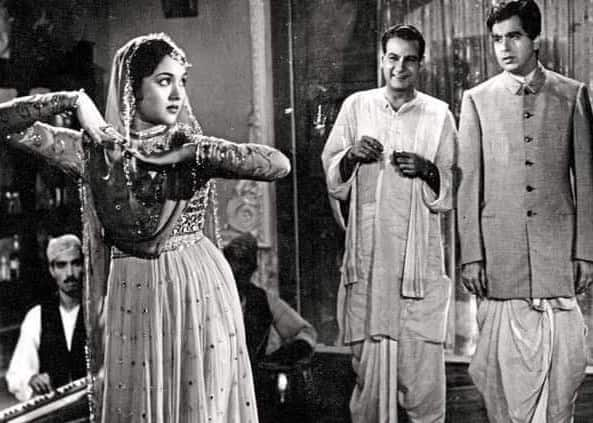
No list of Dilip Kumar’s most iconic roles would be complete without ‘Devdas’. Based on the novel by Sarat Chandra Chattopadhyay, Kumar’s portrayal of the self-destructive, tragic hero impressed the audience. His vulnerability, longing, and tortured love story became a standard for future portrayals of the character, and his performance remains unrivaled today.
3. ‘Mughal-e-Azam’ (1960)
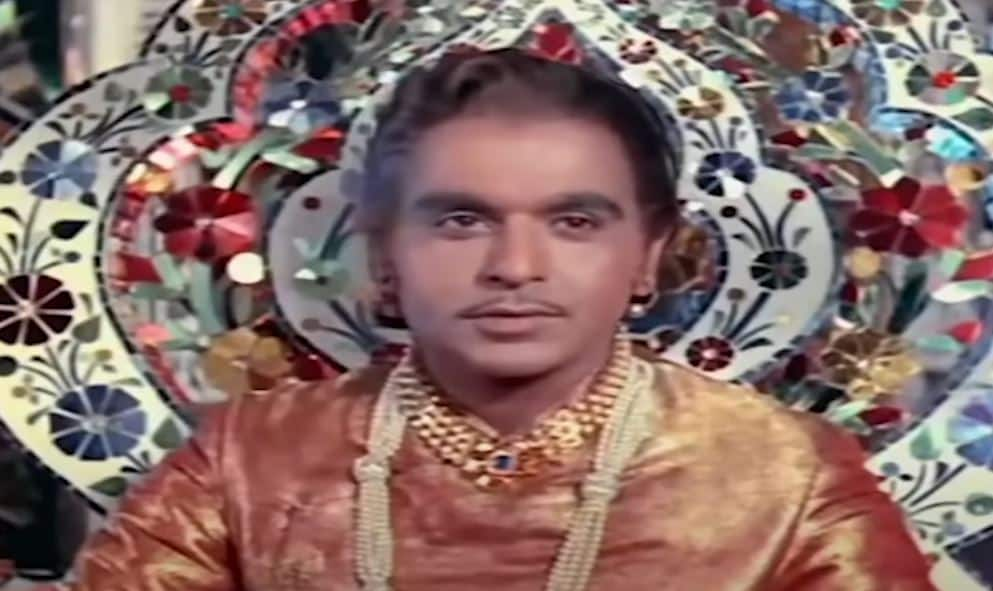
In ‘Mughal-e-Azam’, Dilip Kumar played the role of Prince Salim, a role that required both regal dignity and intense emotional depth. The film is one of the most celebrated films of Indian cinema, in which he gave a performance that was moving and deeply compassionate. The iconic song, “Jab Pyar Kiya To Darna Kya,” continues to resonate in the hearts of Bollywood fans across the globe.
4. ‘Naya Daur’ (1957)
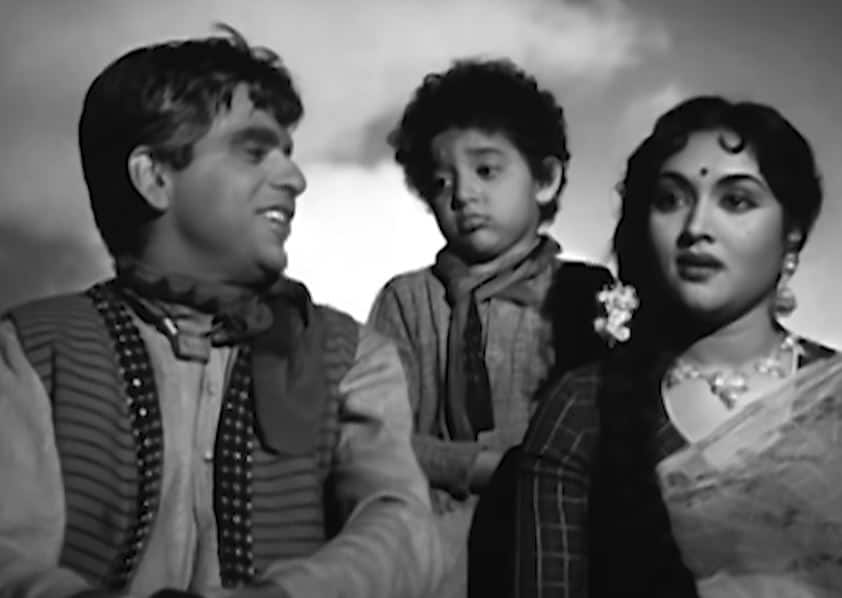
In ‘Naya Daur’, Dilip Kumar showcased his versatility by playing the role of a man who fights the forces of modernization that threaten the traditional way of life. His powerful portrayal of a man torn between the old and the new with a blend of resilience and compassion made the film one of the defining films of the 1950s.
5. ‘Karma’ (1986)
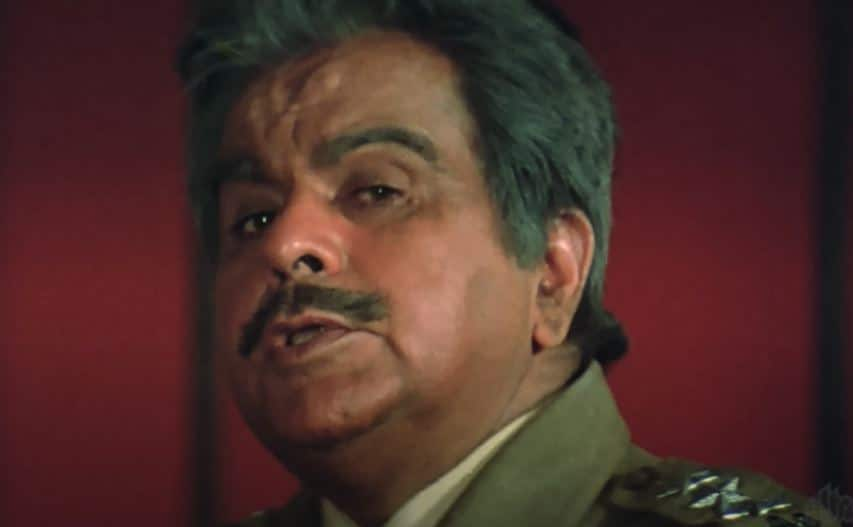
In the 1980s, Dilip Kumar still ruled the screens with his acting. ‘Karma’ saw him portray an action-packed avatar while maintaining his classic seriousness. The film mixed action with drama, and Dilip Kumar’s portrayal of both a compassionate doctor and a tough warrior was another testament to his acting ability.
6. ‘Ganga Jamuna’ (1961)
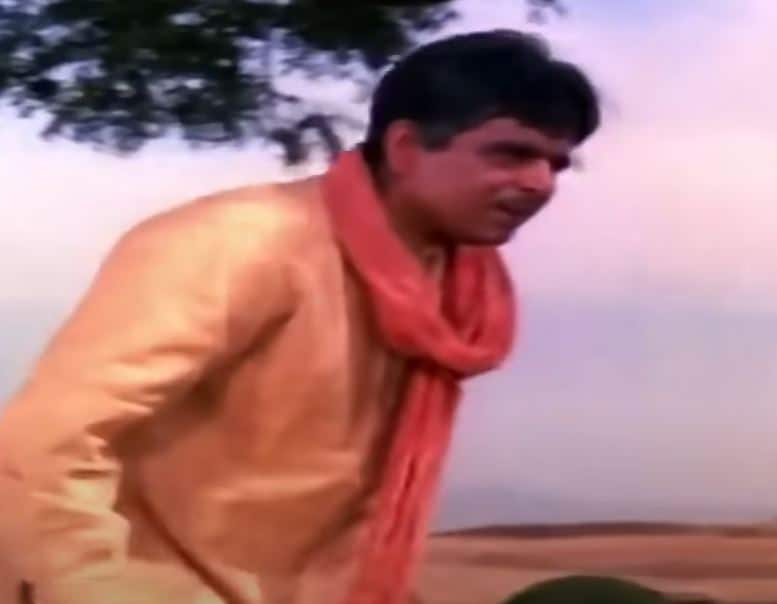
In ‘Ganga Jamuna’, Dilip Kumar played the role of Gangaram, a man caught between two worlds – rural areas and urban conflicts. His nuanced portrayal of a man torn between loyalty to his brother and the law was a masterpiece of the 1960s, showcasing his ability to imbue films with emotional depth and complexity.
7. ‘Shakti’ (1982)

In ‘Shakti’, Dilip Kumar stars opposite Amitabh Bachchan in a gripping tale of father-son conflict. The emotional conflict between the two, coupled with the intense performances from both stars, is one of the defining moments of Kumar’s career. The film remains a classic of its genre and further cemented his place as one of Bollywood’s greatest actors.
8. ‘Saudagar’ (1991)
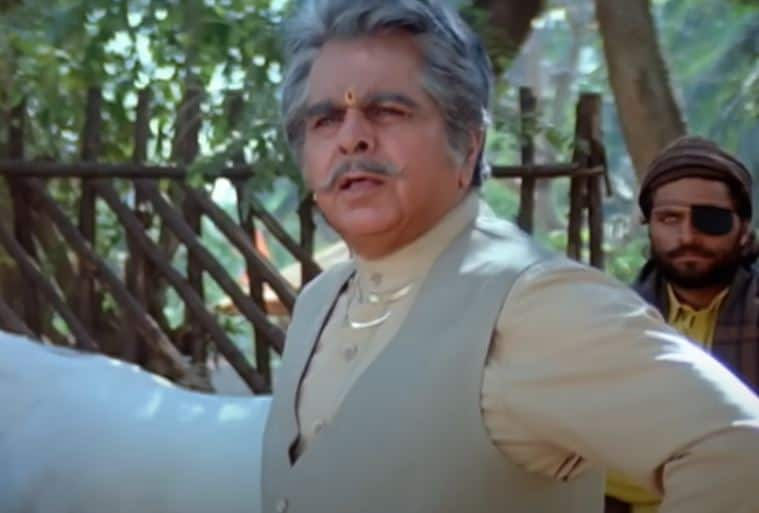
‘Saudagar’ was a film that saw Dilip Kumar and Raaj Kumar come together after years to portray old enemies whose rivalry spans generations. As Bollywood’s elder statesman, Kumar delivered a performance that was both impressive and contemplative, proving that even in his later years, he could still charm audiences with his depth and charm.
Dilip Kumar’s career spanned more than five decades and he played lead roles in approximately 60 films. She is remembered not only for her brilliant acting but also for the grace and dignity with which she carried herself on and off the screen.
His ability to portray complex human emotions with depth and authenticity made him a beloved figure in Indian cinema.
Dilip Kumar’s cinematic legacy continues to influence and inspire generations of actors and filmmakers. From his groundbreaking roles in tragedy to his versatility across genres, his contribution to Indian cinema is unmatched.
On his birth anniversary, the cinema world is celebrating an artiste whose immense talent and dedication to his art made him a timeless icon.
